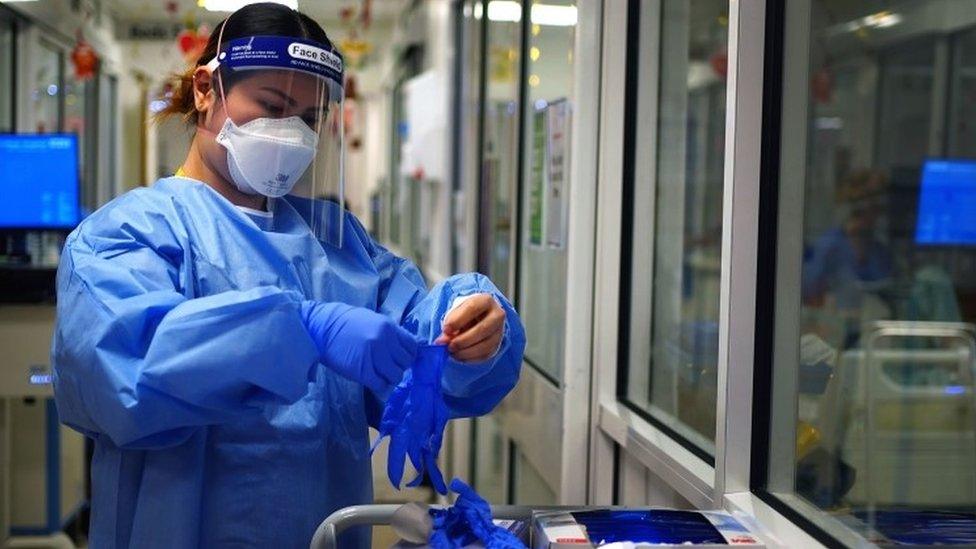Royal Preston: Can hospital-run care homes help tackle A&E delays?
- Published
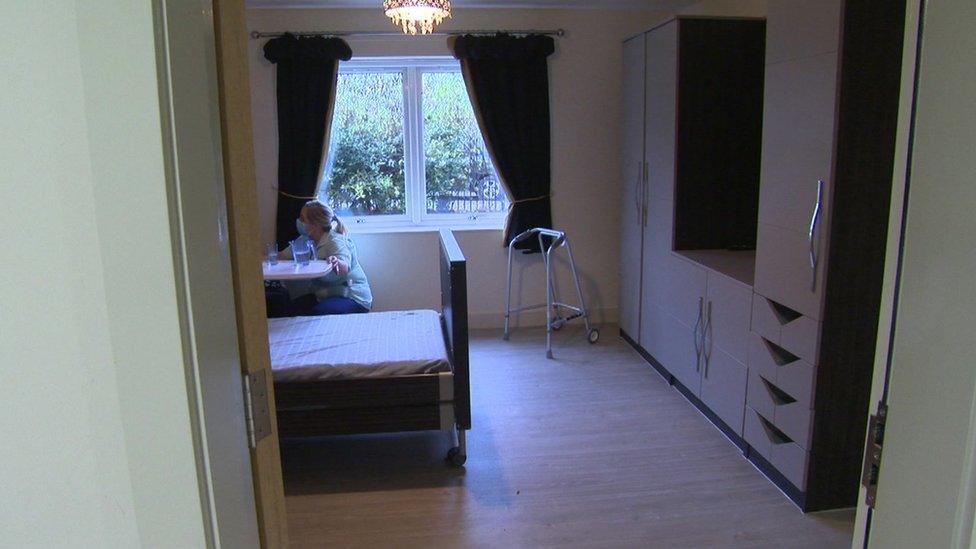
Lancashire Teaching Hospitals NHS trust has taken over Finney House, a luxury 96-bed nursing home
A hospital trust has taken over the running of a nearby care home with the aim of freeing up beds and ultimately helping patients to be seen faster in Accident and Emergency.
BBC North West health correspondent Gill Dummigan has been given exclusive access to Royal Preston Hospital to see the strain on both staff and patients.
It's late morning, there's a queue of ambulances, and four of them have patients waiting inside because A&E is too full to safely take them.
This is the reality of emergency care now, not just here but in hospitals around the country.
"Sadly ambulance queuing is a fact for us, as it is for many other trusts at the moment," Dr Michael Stewart, a consultant in emergency medicine, tells me.
"We always find ways for the most critically ill - those who need resuscitation - we will move heaven and earth to find a space to get them in, but the ones who are more stable and who clinically can wait sometimes do have to wait outside."
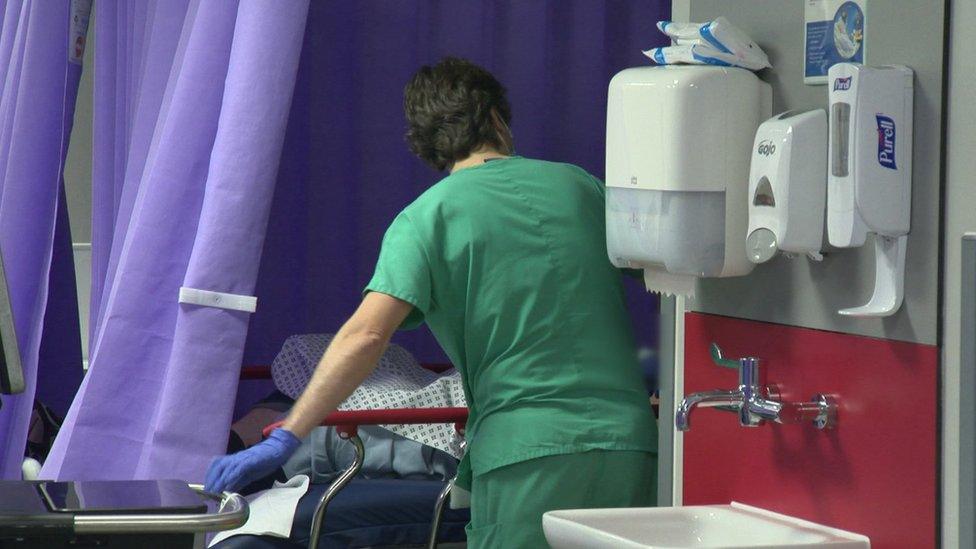
Patients in A&E can often be waiting for long periods in corridors, while others wait in ambulances
Dr Stewart admits he finds the situation worrying.
"As soon as they arrive on the site, ethically and morally I think they're my patients and my responsibility and if I can't get them into my department and start that assessment I'm looking after them, but without that direct line of sight."
Every available cubicle and chair is occupied.
Dr Stewart says that while 56 people are ready to go to a ward, it appears there is no space to take them.
Lisa Corbett's 85-year-old father is here after a bad fall.
She says he waited six hours for an ambulance, arrived on Monday evening and was only given a bay on Tuesday afternoon.
"He was in the corridor all night long with lots of other patients who had been there hours before him," Lisa says.
"They came round and gave them blankets to keep people warm, they did keep a check as best they could."
She says the staff are doing a "fantastic job".
"They've managed to assess him, keep doing the tests and the blood pressure. We might be lucky that he might come home... or maybe go up on a ward but there's no beds."
'Inadequate support'
Our next stop is a respiratory ward. Like all the wards here, it's full.
Respiratory consultant Professor Mohammed Munavvar tells me that about one third of the patients here could be discharged if only there was anywhere suitable for them to go.
"In their best interests we would like to get them back home straight away," he says. "Because if they stay longer, after they get better they're at risk of developing complications such as infection.
"However, a large group of those patients are not able to go home because of inadequate support in social care."
The trust has about 100 patients at any one time who are essentially stuck in hospital because of a lack of social care provision.
That's why this trust has decided to start providing some of its own accommodation.
A mile down the road from the Royal Preston the trust has taken over Finney House, a luxury 96-bed nursing home.
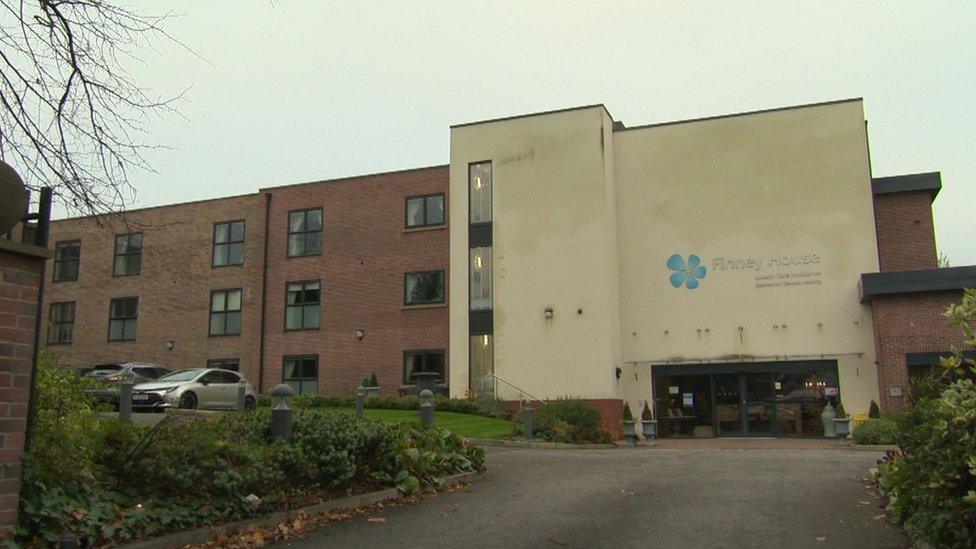
The trust says it wants patients to find a calm and relaxing environment in Finney House
Head of community services Anne Kirkham shows me round one of the large, comfy rooms, a world away from a hospital ward.
"We want the environment for people coming out of hospital to be a calm relaxing environment where they can continue their recovery from their acute illness," she says.
During their stay, patients can receive occupational therapy and physiotherapy as well as general care, until a longer-term social care package is ready for them.
"We expect that patients will be up and dressed and we've got a really big social area where we can interact and get people to interact with each other," Ms Kirkham says.
Lancashire Teaching Hospitals is one of the first trusts to try this new approach, but it's unlikely to be the last.
"I think we'll see more of this. I think we'll see more of hospitals supporting with social care and stepping into the social care market," the trust's chief executive Kevin McGee tells me.
I ask him if he thinks it's the future for all NHS trusts.
"Is it the future? It's one way we can relieve pressure in our acute hospitals.
"There will be other options as well but it's certainly one way we can help."

Why not follow BBC North West on Facebook, external, Twitter, external and Instagram, external? You can also send story ideas to northwest.newsonline@bbc.co.uk, external
- Published21 October 2022
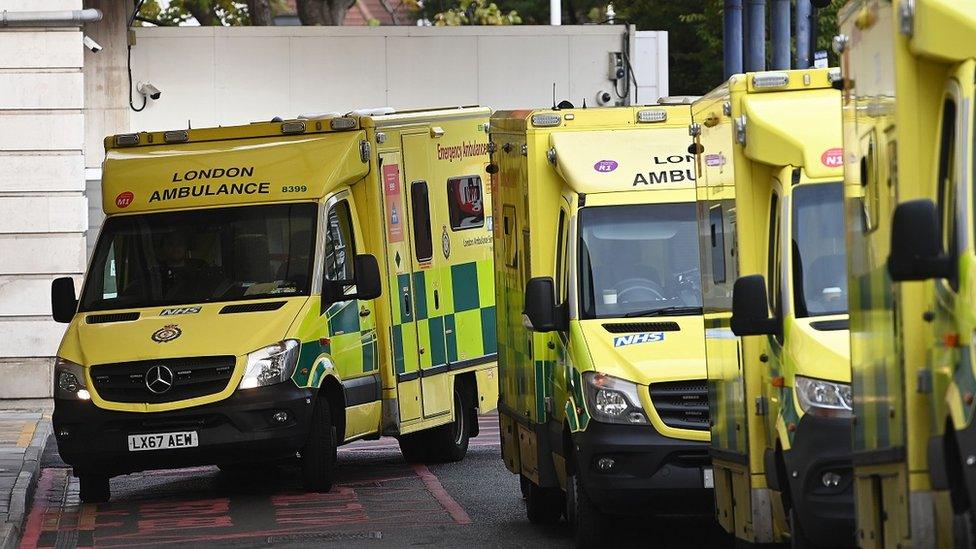
- Published14 October 2022
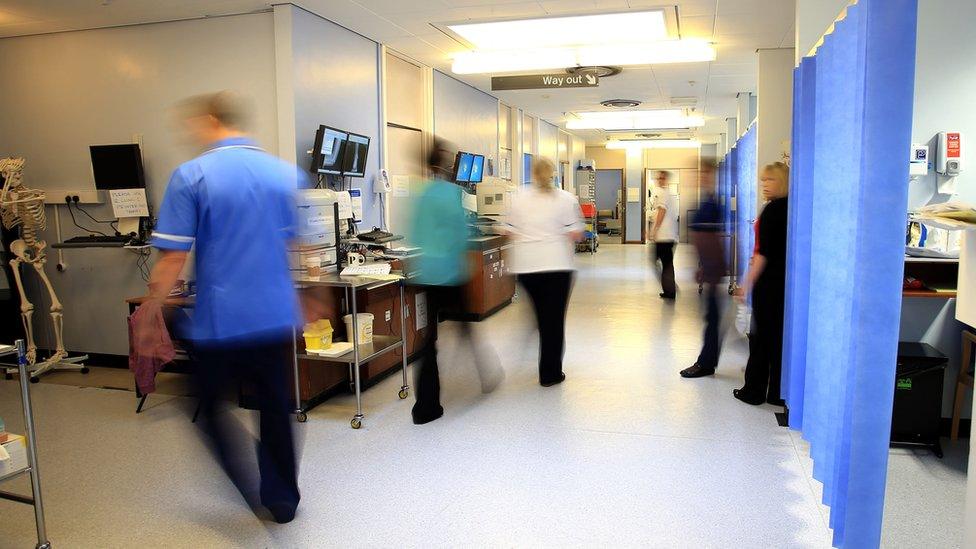
- Published1 December 2022
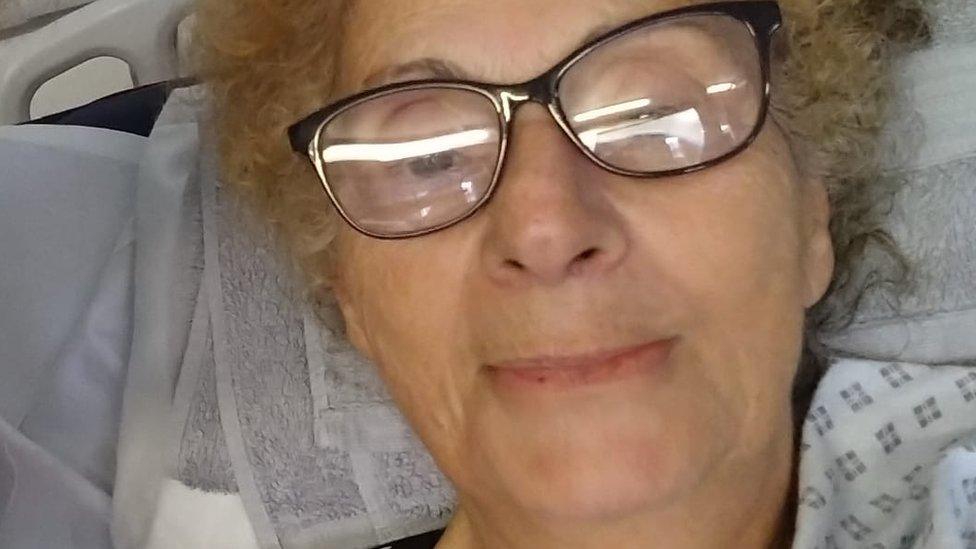
- Published13 October 2022

- Published4 April 2022
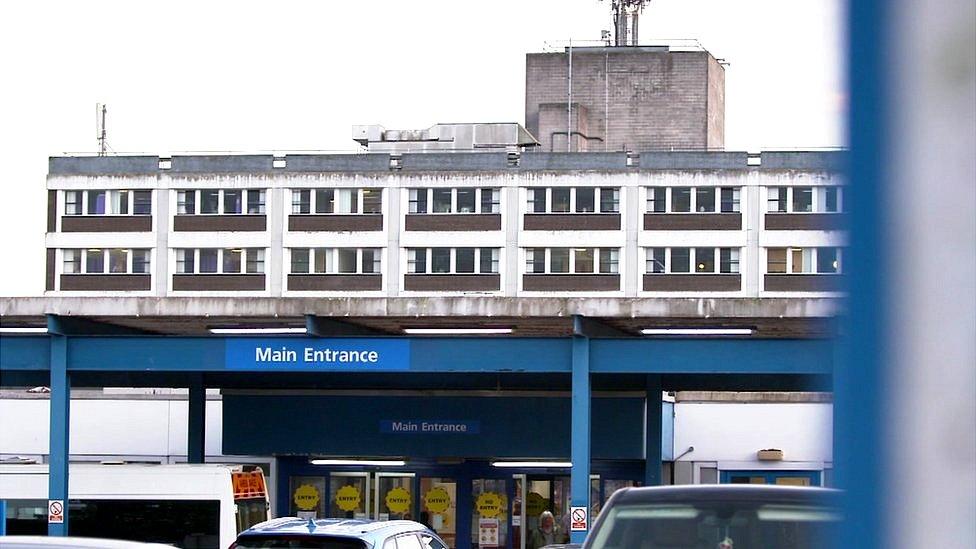
- Published10 February 2022
